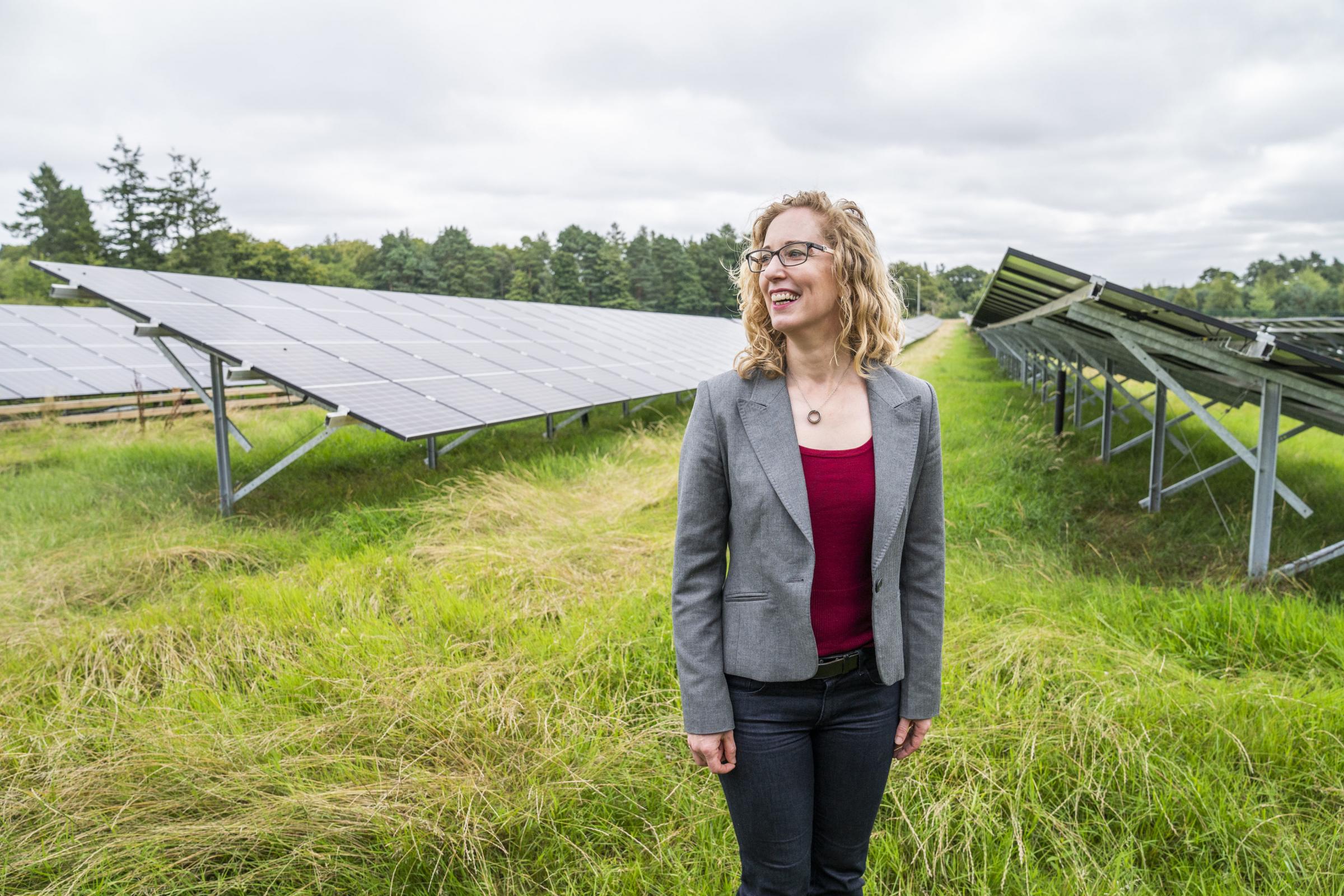A new report by Scotland’s government and the Royal Society of Arts shines a light on how participation in clean energy futures can ensure that citizens’ voices are heard loudest as Scotland plans its “just transition” to environmental sustainability.
A “just transition” is the generic goal of civil society activists worldwide, who seek to reconcile the transfer of employment, environmental benefits and power away from existing political set-ups, and into a less harmful future.
Researchers from the RSA found Scotland’s communities desire to be more involved in decision-making and practical action as the nation switches out of supporting itself and the UK with fossil fuels. But respondents feel they lack influence in that process.
This new RSA report was commissioned to help SNP-dominated Holyrood shape its forthcoming Energy Strategy and Just Transition Plan. The ESJPT route map will plot how Scotland navigates towards an economy proof against radical climate change, at the same time reinvigorating communities and tackling inequality and injustice.
The RSA’s workshops in Fife and Dumfries sought to harness a variety of opinions, imagining different futures and gaining insights into post-industrial & rural communities’ fears, hopes and expectations.
They revealed wide support for more regulation of domestic heating systems to protect homeowners and tenants. Tailored investment in transport links to create new jobs in growing areas such as eco-tourism and circular economy, were all sign-posted
Rewards from Scotland’s booming green energy in wave, wind and solar being siphoned away from local communities remain a frustration, the study found. Locals feel they don’t see cheaper tariffs or enough new employment.
More community-owned green energy co-operatives, a tram revival and even using abundant sheep’s wool to insulate homes, were among ideas flowing from the conversations. Folk taking part said they emerged more empowered and with a clearer view of what Scotland’s future energy system could look like by mid-century.
Scottish Greens’ MSP Laura Slater, green economy minister in the Holyrood coalition, is pictured at a solar farm north of Edinburgh.
Fabian Wallace-Stephens, the report’s author, added, “Any transition to net zero will require rapid transformation across the economy, society and the environment.
“A just transition, however, will require meaningful participation in decision-making from the communities most affected by change.”
The RSA hopes to help establish these approaches as a model for community voice in decision-making that can be replicated across Scotland and other parts of the world.
Read the report here.




